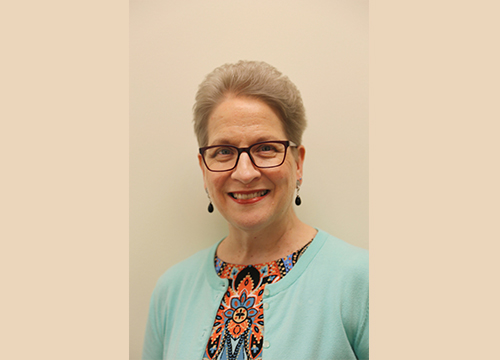30th Sunday in Ordinary Time Jer 31:7-9; Ps 126:1-2, 2-3, 4-5, 6; Heb 5:1-6; Mk 10:46-52
The destruction of Jerusalem and the deporting of Judah’s notable citizenry in 587 B.C. mark the start of what biblical scholars call the Babylonian captivity. Though God eventually brought the people back to the site of the former city through the agency of one Cyrus of Persia, the Jewish people never quite recovered from the loss. Their 50-plus years in a strange land had strong and lasting effects.
In today’s first reading, a hopeful oracle composed in response to the destruction of the northern kingdom, Israel, by its Assyrian conquerors has been reframed by Jeremiah, in the context of the Babylonian captivity. Many of the exiles had once been rural folk of some means, so living in Babylon gave them a taste for the bright lights, urban style.
They adapted well to a new language, Aramaic, and being without a temple, they made do with a new style of prayer in and around the synagogue. What it means to be Jewish became a major emphasis of thought and writing. Exile was not all bad, and many Jews prospered.
Meanwhile, back in what remained of Jerusalem, the surviving poor, not considered valuable enough to kidnap and carry away, were left to fend for themselves in the rubble. They endured by merging with other inhabitants of the region and became the Samaritans.
According to one local legend, “Neither man nor beast, fowl nor fish, was to be found there.” Another said that for seven years the soil was brimstone and fire, and the Samaritans found it impossible to sow seed. It was even said that the right hand of God was bound while the Jewish people remained in exile.
Granted freedom by King Cyrus and firmly encouraged to go home, the Jews in exile faced a difficult choice — stay in Babylon or return to their roots and their God in Jerusalem. Imagine them finally leaving the big city, bound for their homeland, with Psalm 126 on their lips. Picture the priestly cantors urging them on, keeping spirits high to prevent their turning back.
This Sunday, we hear all six verses of Psalm 126, with the refrain coming from verse 3. The first half of the psalm references the return from exile, calling to mind the joy, the laughter and the spontaneous praise that arose from it. Then the reality of return to a ravaged homeland sets in.
Beginning with verse 4, grateful recounting turns into persuasive lament: “Restore our fortunes, O Lord, like the torrents in the southern desert.” The psalmist references the rare but memorable phenomenon of parched land bursting into bloom overnight, hoping for a similar miracle in the life of the people.
The last two verses project the return journey into the future: “Although they go forth weeping … they shall come back rejoicing.” This shift of tense implies a vow to praise, when God’s rescue turns the tide of misfortune, inspiring joy, laughter and bursts of, “The Lord has done great things for us.”
Psalm 126’s flexible tense structure reflects all times when the people of God have gathered — and still gather — to remember God’s kindness in the past, while expressing their need in the present and hope for the future.
The healing of blind Bartimaeus in today’s Gospel links to Jeremiah’s inclusion of blind persons in the throng of returning exiles. This connection projects the prophet’s vision into the universal and eternal context of salvation — God’s delivering humanity from the exile of sin into restored relationship through Jesus Christ.
Mark uses this story of sight restored (10:46-52) along with another (8:22-26) to frame accounts of the disciples’ persistent lack of understanding (metaphorical blindness). Despite Jesus’ repeated predictions and explanations of his approaching passion, death and resurrection, they refuse to envision the possibility of a suffering Messiah.
They will come to see, as will Mark’s readers (including us), by grace, through faith, as demonstrated by Bartimaeus.
Melanie holds a master’s in pastoral studies from Loyola University, New Orleans.

